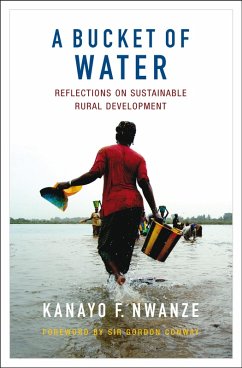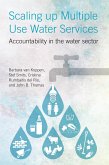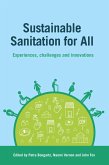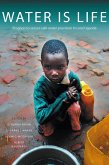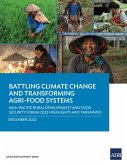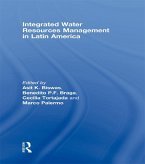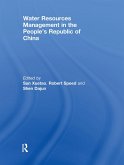The Sustainable Development Goals, which were adopted by 193 countries in 2015, set clear targets for ending hunger and undernutrition, as well as tackling poverty, inequality and the impact of climate change, by the year 2030. The vision they represent is an inclusive one, in which no one is left behind. It is also a collective one, in which the environment must be protected for the benefit of all. The Goals will undoubtedly take billions of dollars to achieve, but they will also take the time, effort and work of a critical group -- rural people. Hundreds of millions of women and men work small farms in the developing world. Three-quarters of the world's poorest and hungriest people live in rural areas. Even as the world becomes more urban, it will continue to depend on rural areas for food, clean water, environmental services and employment. Drawing on decades of hands-on experience in agricultural research and rural development, Dr Nwanze shows that any genuine effort to achieve sustainable development will fail if it does not include small-scale producers. He also communicates the reasons behind his heartfelt belief in the potential of these farmers. A Bucket of Water reflects on the work of the International Fund for Agricultural Development (IFAD) in tackling challenging issues in rural development, and provides an accessible discussion of themes such as peace and development, the cost of inaction, engaging young people in farming, women's contribution, farming as a business, and technology and research. This book should be read by anyone studying rural and agricultural development in the context of international development, or concerned about poverty and hunger.
Dieser Download kann aus rechtlichen Gründen nur mit Rechnungsadresse in A, D ausgeliefert werden.

